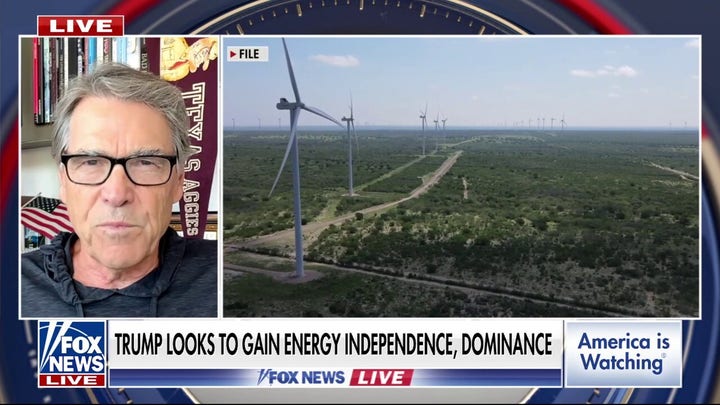A judicial consensus is forming against climate lawfare, but the U.S. Supreme Court must still end environmental extortion of American energy. In two landmark cases, the court will soon have the opportunity to reassert the federal government’s authority over questions of national energy and environmental policy.
Environmental groups believe that energy use increases global temperatures, causes sea levels to rise and creates more destructive weather. Their campaign to curtail energy has taken many forms — including asking the Environmental Protection Agency (EPA) to block pipelines and the Interior Department to deny oil and gas leases — but it met a roadblock with the 2024 election and the Trump administration’s subsequent blizzard of executive orders lifting overregulation.
Rather than pursue their interests in Congress or before the electorate, environmental extremists have now allied with bankrupt cities and trial lawyers to use the courts to shake down the energy industry. Blue cities and states have filed tort suits in state courts to extract money for allegedly causing weather-related costs in their jurisdictions.
The Supreme Court will soon decide whether to take up one of those cases, Boulder County v. Suncor Energy, following a ruling this year from the Colorado Supreme Court that allowed the county’s case to move forward in state court. Borrowing theories of liability from tobacco and opioid litigation, Boulder alleges that energy companies sold their products without disclosing climate risks. Such claims plainly intrude on federal authority over interstate pollution.
Other climate cases are still progressing in lower state courts. In Hawaii, summary judgment motions are pending in a case seeking damages for rising sea levels. Hawaii’s highest court allowed this litigation to move forward in 2023 with Justice Todd Eddins issuing a remarkable concurrence, declaring that litigation would proceed under the ‘Aloha Spirit,’ regardless of federal precedent.
In Rhode Island, the state judge presiding over a similar lawsuit against the energy industry compared it to developing nations devastated by natural disasters, citing Kenya, Tanzania and the Seychelles. The suggestion that Rhode Island has suffered comparable ‘severe destruction’ is telling: judges are inflating rhetoric to justify climate claims, not grounding them in law.
Meanwhile, other states are effectively trying to replace federal authority over environmental policy. In Louisiana, plaintiffs obtained a $750 million judgment (potentially over $1 billion with interest) against Chevron for coastal erosion that they claimed was caused by oil extraction during World War II. Those companies had been under federal contracts to supply aviation fuel for the war effort. Yet eight decades later, Louisiana claims it can punish those practices retroactively.
The energy firms sought to move the case to federal court because of its genesis in work for the federal government. But a divided 5th U.S. Circuit Court of Appeals panel refused to allow it. As Judge Andrew Oldham rightly noted in dissent, crude oil extraction plainly ‘relates to’ war production. If states can sue private businesses for their wartime work generations later, future cooperation with the federal government will be chilled, raising the costs of national defense. This coming term, the Supreme Court will review the Fifth Circuit’s decision.
